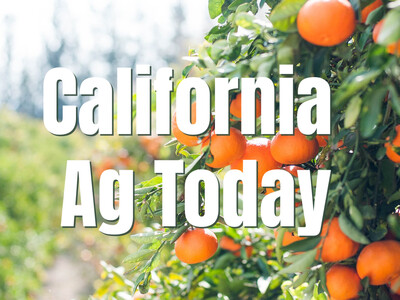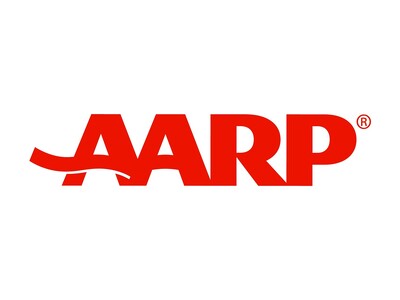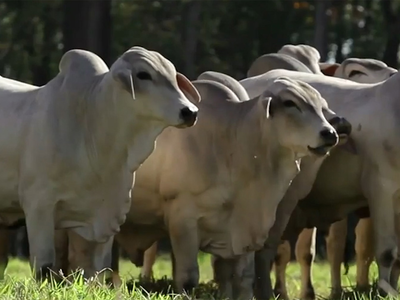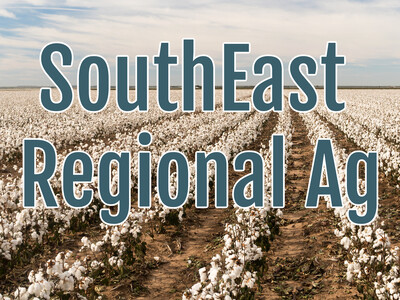Increasing NW Drought & Wolf Depredation Compensation
Increasing NW Drought & Wolf Depredation Compensation plus Food Forethought. I'm Greg Martin with today's Northwest Report.With some rain moving across the northwest this last week it is hard to consider some areas are dealing with drought but most of California and parts of the Pacific Northwest are seeing increased drought in recent weeks according to USDA meteorologist Eric Luebehusen.
LUEBEHUSEN: Taking a look at water year precipitation values in some cases less than 30% of normal and we're also seeing an increase in the impacts as they've generally been hot so that accounts for the drought intensification over the last 2 weeks across portions of California.
The Oregon Department of Agriculture, working with Governor Kitzhaber's office, has approved $150,830 in funding distributed to eight counties east of the Cascade Mountains as part of the Oregon Wolf Depredation Compensation and Financial Assistance County Block Grant Program. Oregon's wolf population increased in both distribution and abundance in 2013. By the end of the year, the wolf population was estimated to be at least 64 wolves in 8 packs, a 33 percent increase from the previous year.
Funds for 2014 have been distributed for actual livestock losses or injuries caused by wolves, for missing livestock above the normal historical levels in areas of known wolf activity, for proactive efforts to prevent wolf and livestock interactions, and for county wolf program implementation.
Now with today's Food Forethought, here's Lacy Gray.
The controversy over food labeling when it comes to GMO foods continues to mount, as more and more states consider enforcing the mandatory labeling of genetically modified foods. But amidst all the controversy has anyone actually connected with consumers to find out how they feel on the issue? The answer would be yes. A new 2014 survey by the International Food Information Council has found that a large number of consumers actually do not have a problem with the current labeling policy of the U.S. Food and Drug Administration for foods produced by biotechnology. In fact, 74% of consumers said they couldn't think of any additional information that they would like to see added to food labels. Also interesting is that the survey found that more than 70% of consumers feel that conventional farming practices can be sustainable while producing high quality and nutritious foods. So, one has to ask, if the general opinion of the consumer is that GMO foods are safe, where is the push for mandatory state labeling of genetically modified foods really coming from?
Thanks Lacy. That's today's Northwest Report. I'm Greg Martin on the Ag Information Network.















